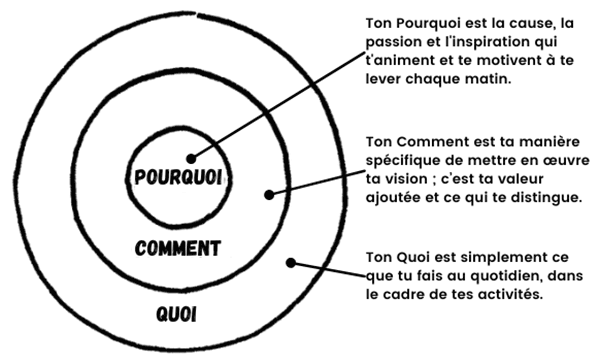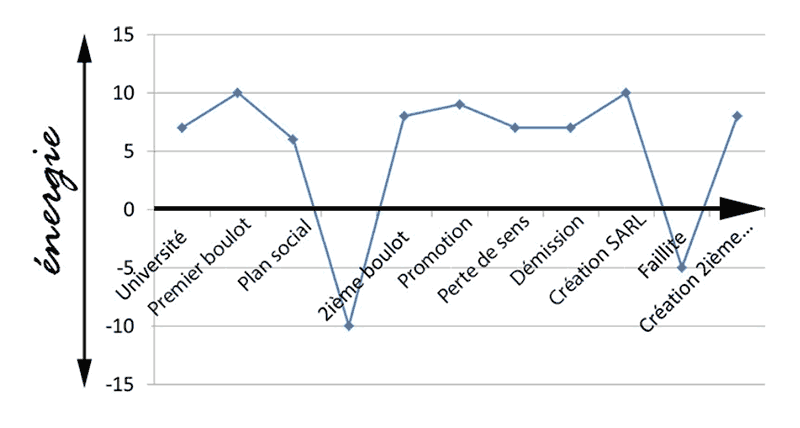Finding pleasure after cancer
The resumption of sexual intercourse is an extraordinarily positive sign in the history of the disease. It indicates that we are getting better, that we cease to be a suffering body to become a desiring body again. We have come a long way… A breast tumor, in the colon or in the ovary, but also a cyst, a fibroma or an organ descent, upset the emotional life without things being said or even thought. The symbolic places of seduction are threatened, sometimes damaged or even eliminated by radiotherapy or surgery… Chemotherapy, on the other hand, causes nausea, hair loss and pubic hair, problems with vaginal dryness. The disease is accompanied by physical and mental fatigue, it alters body image and self-confidence. It is therefore important to talk about all this to a psychologist (practicing in cancer services), you should not hesitate to ask your doctor for all the little ways to facilitate sexuality and not think that it is inappropriate: c is life, precisely! Amorous behavior will also have to evolve, prolonged preliminary caresses will become all the more essential for some.
Resuming intercourse after a long abstinence
Two very different notions must be taken into account: the psychological side of the question and the physiological aspect. After several months of sexual abstinence, concern arises naturally at the idea of resuming intercourse, with the fear of getting naked again in front of a new man, the anxiety of not being able to do it anymore, of not finding the words , gestures, perhaps enthusiasm… A small effort of adaptation and psychological preparation therefore becomes necessary for the women concerned.
The key word: don’t put pressure on yourself, let yourself be carried away by your partner’s desire, by his own envy. If you’re comfortable with that, tell him the color with a little humor: “I ask for a little indulgence for long hibernation!” Some will find it easier to return to sex with a minor affair, a one-night stand. Making love with someone whose judgment you don’t fear at all may seem less intimidating.
From a “mechanical” point of view, the ease of getting back into gear depends above all on your age. At 20, sex is a bit like riding a bike, you can’t forget it. But at 40 or 50, after long months or years of abstinence, you will have to accept that you will not immediately find your former sensations and prolong the foreplay without expecting an explosive orgasm the first time. What is sure and reassuring: all your sensations will return, provided you let your body’s memory gradually regain its rights.
What happens after prostate surgery?
In case of’benign prostatic hyperplasia (BPH), also called prostate adenoma, don’t worry, it is a benign disease that does not progress to cancer and has no organic consequences on erection. For prostate cancer, the answer is more nuanced: the risk of impotence depends on the operating technique and the practice of the surgeon. These problems are then encountered in 14% to 92% of cases, knowing that beyond the age of 70, the chances of recovering erectile function diminish. The usual side effects in prostate cancer are impotence problems, but also pelvic pain, orgasm and sexuality disorders, penile retraction. (Sources: Center for Diagnosis and Monitoring of Tenon Hospital, Pr François Haab.)













